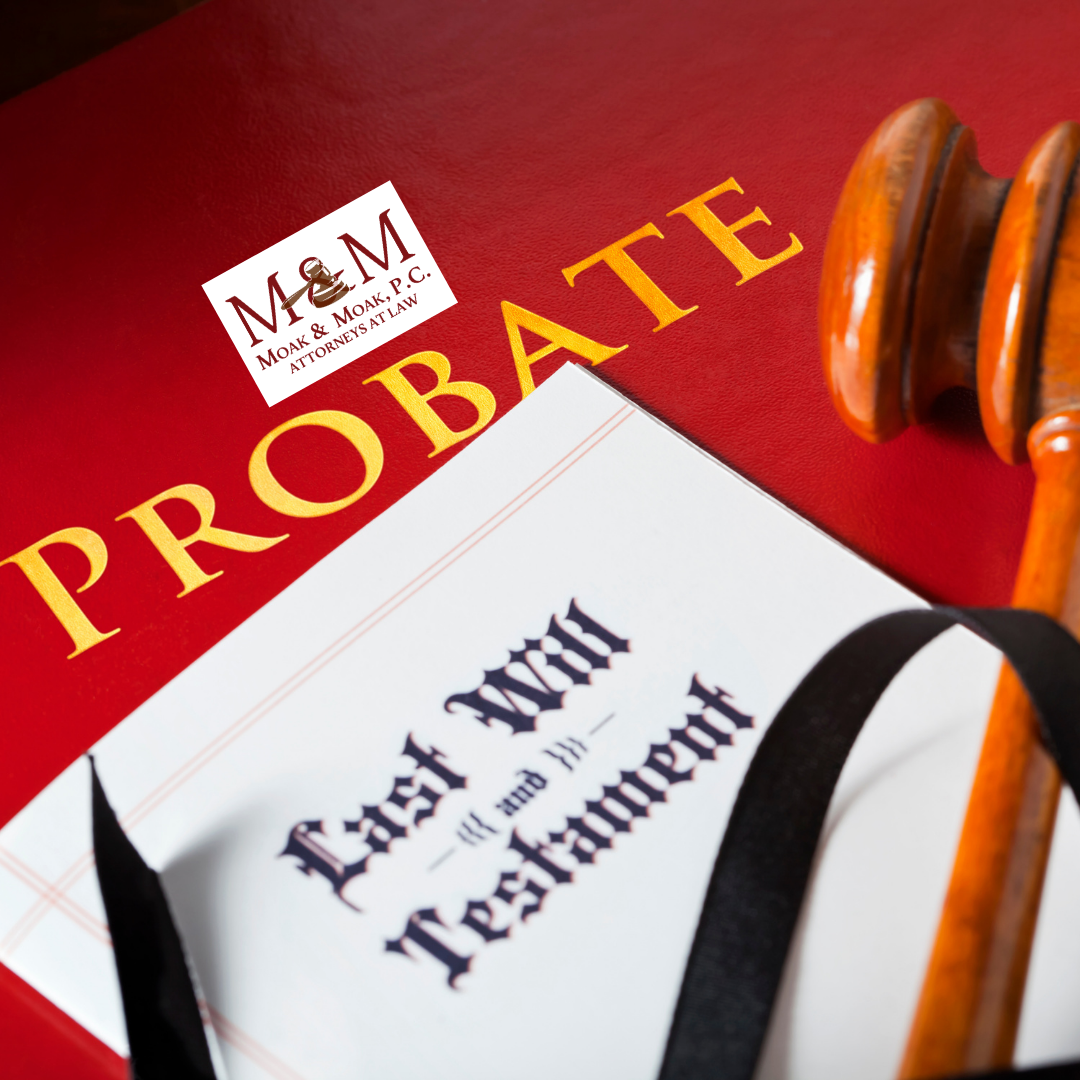We Americans relish our freedoms. We want to live how we like, spend our hard-earned money on what we want and carry automatic rifles if we so desire. And we resist when the government tries to interfere with our lives. However, less than half of all Americans have even the most basic estate planning documents. As a result, they voluntarily give up their freedom to decide what will happen to their assets when they die.
The law gives you the freedom to decide how and to whom your assets are distributed when you die by making a Will. But if you die without a Will, your assets will be distributed according to a statutory formula that doesn’t take into account your wishes and unique circumstances.
Below is a summary of the way the assets of those who die without a Will in Texas are distributed.
Distribution For Single People With No Children
If a you are single and die without a Will in Texas, the Texas Probate Code dictates that your assets will be distributed as follows:
- Your estate will pass equally to your parents, if both are living. If only one parent is alive, and you don’t have any brothers or sisters, then your entire estate will pass to your surviving parent.
- However, if you do have siblings, or descendants of siblings (nieces and nephews), then your surviving parent would receive only half of the estate, and the remaining one half would be divided among your siblings or their descendants.
- All of your estate would pass to your siblings or their descendants if you have no surviving parents.
- If you have no surviving descendants, parents, siblings, or descendants of siblings, then the estate is divided into two halves, with one half passing to relatives on your mother’s side of the family, and the other one half passing to relatives on your father’s side.
- If one side of the family has completely died out, the entire estate would pass to the surviving side of the family.
- On rare occasions, when an unmarried person dies without any surviving heir, his estate will pass to the State of Texas.
Perhaps you have a close friend who you would have wanted to share in your estate. That would not be possible without a Will.
Distribution for Those Who Die Unmarried with Children
If you are single and have children, then all your property will pass to your descendants. If your descendants are of the same degree of relationship, (meaning, for example, that all are your children or all are your grandchildren), then the assets will be divided equally between them.
However, if your descendants are of different degrees of relationship, (meaning some of your children predecease you, leaving children or grandchildren of their own), then the younger generation would only be entitled only to the share the older generation would have received had he or she survived.
Distribution for Those Who Die While Married
Many people may assume that if they are married and die without a Will in Texas, their surviving spouse will inherit their entire estate. This is not always the case. How their property is divided depends on whether it is characterized as community property or separate property.
Community Property
All property acquired during a marriage is presumed to be community property. Under Texas laws, if you are married and are survived by a spouse and children, then:
- Your surviving spouse will inherit all your community property if all your children are also the children of your surviving spouse;
- Otherwise, all your one-half interest in the community estate will pass to your children, with your spouse keeping only his or her one-half interest.
- If you do not have any children, then your surviving spouse will inherit all of your community property.
Separate Property
If your property is characterized as separate property, the distribution scheme is different:
- If you are survived a spouse and children, your surviving spouse is entitled to one third of your separate personal property and only a life estate (the right to use the property until his or her death) in one-third of your separate real property. The rest would be inherited outright by the children of the deceased spouse.
- If you are married but have no children or other descendants, your surviving spouse would be entitled to all the separate personal property. But if you have surviving parents and siblings, the surviving spouse would only be entitled to one-half of the separate real property with the other half passing to the parents, siblings or descendants of siblings in a manner set forth by the statutes.
If you want the freedom to decide how and to whom your property will be distributed when you die, you need a Will. Additionally, the process for proving who your family (heirs) are without a Will is time consuming, difficult and generally much more expensive than if you had a Will.

